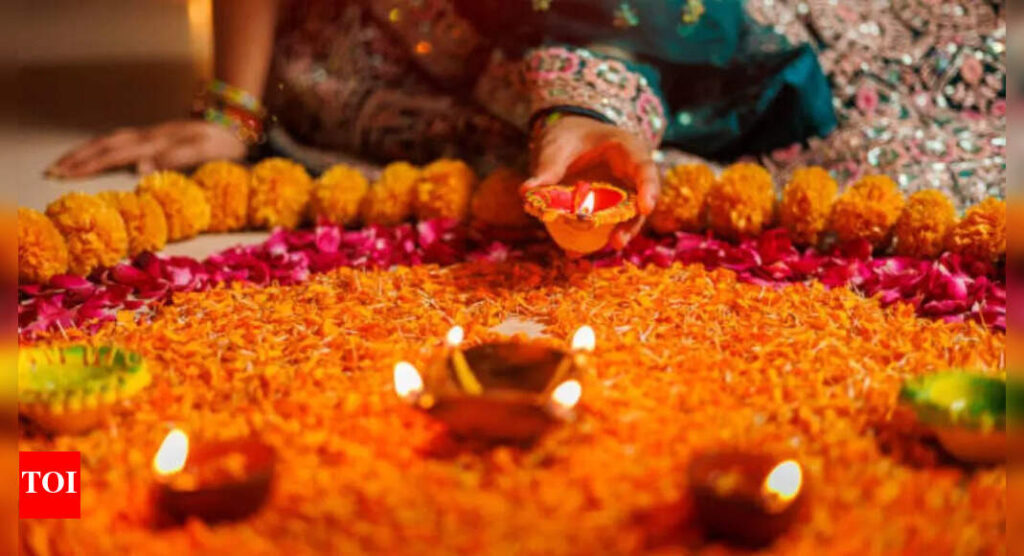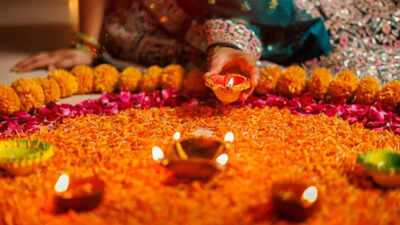Will schools be closed on Diwali in California this year? Here is what we know

California is set to officially recognise Diwali as a state holiday. On Monday, October 6, 2025, Governor Gavin Newsom signed Assembly Bill 268 (AB 268) into law, designating the Hindu festival of lights as a statewide holiday beginning in 2026. The festival, also known as Deepavali, is celebrated by Hindus, Sikhs, Jains, and Buddhists across the globe, and marks the triumph of light over darkness, and good over evil. Families gather to light candles and lamps, exchange greetings, and reflect on the values of life and community.
Will there be a Diwali holiday in 2025?
Despite the law being passed, Diwali will not yet be a state-recognised holiday in 2025. AB 268 goes into effect on January 1, 2026, meaning that while the festival falls on Monday, October 20, 2025, state offices, schools, and universities will remain open. Public institutions may still observe the festival informally, but there is no statewide mandate for closures this year.
What the law means for schools and employees
Under AB 268, state employees may take the day off with pay, similar to Juneteenth, while public schools and community colleges are permitted to close if local school boards and employee unions approve. Courts, however, are excluded from this holiday. The law also encourages schools to recognise and celebrate the meaning and importance of Diwali.
Legends and traditions of Diwali
Diwali is more than a festival of lights. It is a celebration rooted in stories, rituals, and community practices that vary across regions.
- The word Diwali, or Deepavali, means “row of lights” in Sanskrit. Homes are lit with candles and oil lamps called diyas to symbolise light and prosperity.
- The festival is linked to different regional legends. Northern India celebrates the return of deities Rama and Sita to Ayodhya after defeating the demon king Ravana. In Bengal, people honour the goddess Kali, representing the destruction of evil. Whereas, Nepal marks Lord Krishna’s victory over the tyrant king Narakaasura.
- Diwali also marks a time for families to exchange gifts and sweets, share meals, wear new clothes, and watch fireworks.
- Patterns made with coloured powders and flowers at home entrances, called a Rangoli, is drawn to welcome deities and invite good fortune.
- Hindu communities worldwide, including those outside India, gather at temples to make offerings and celebrate, preserving the festival’s meaning across generations.






